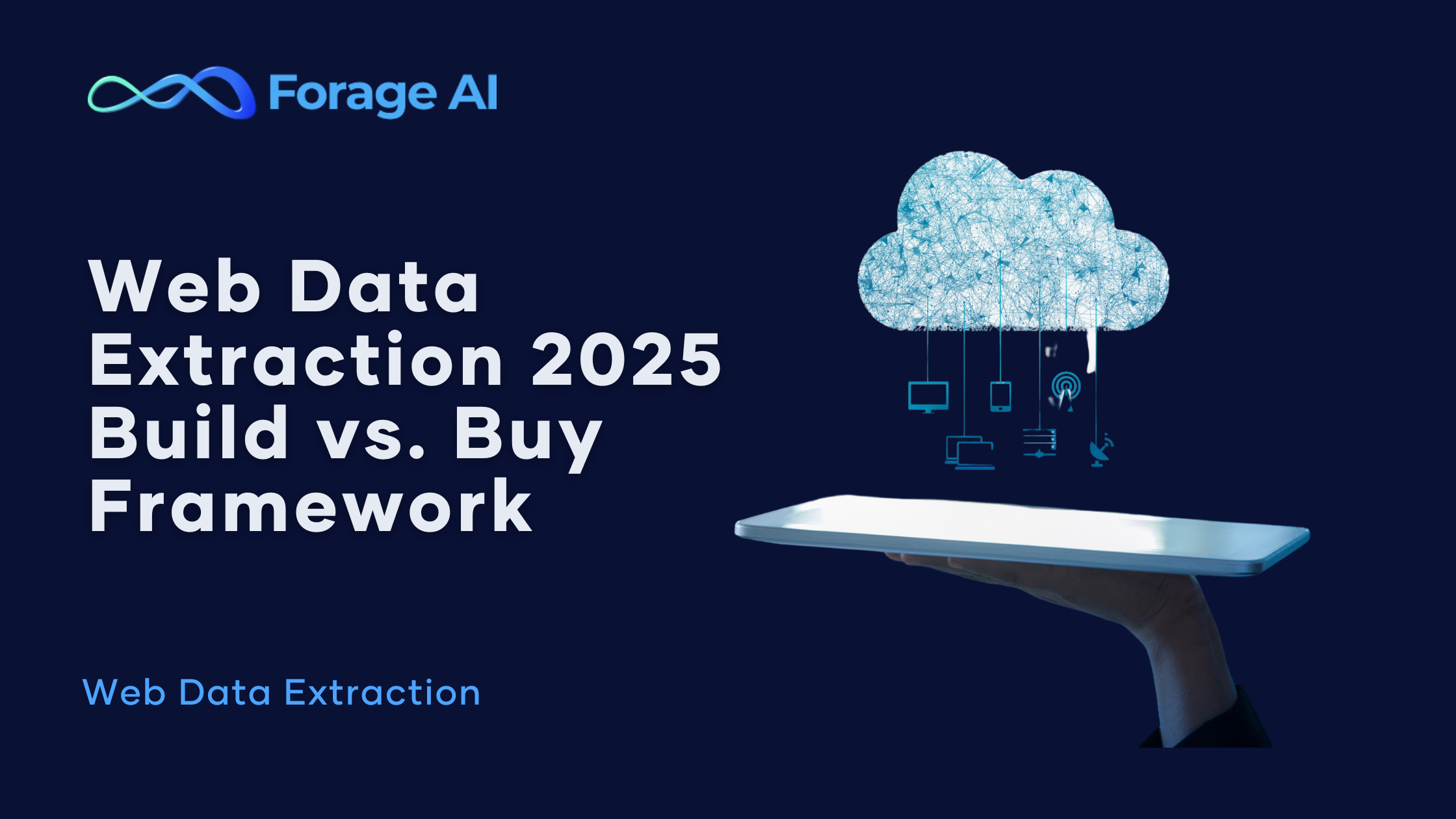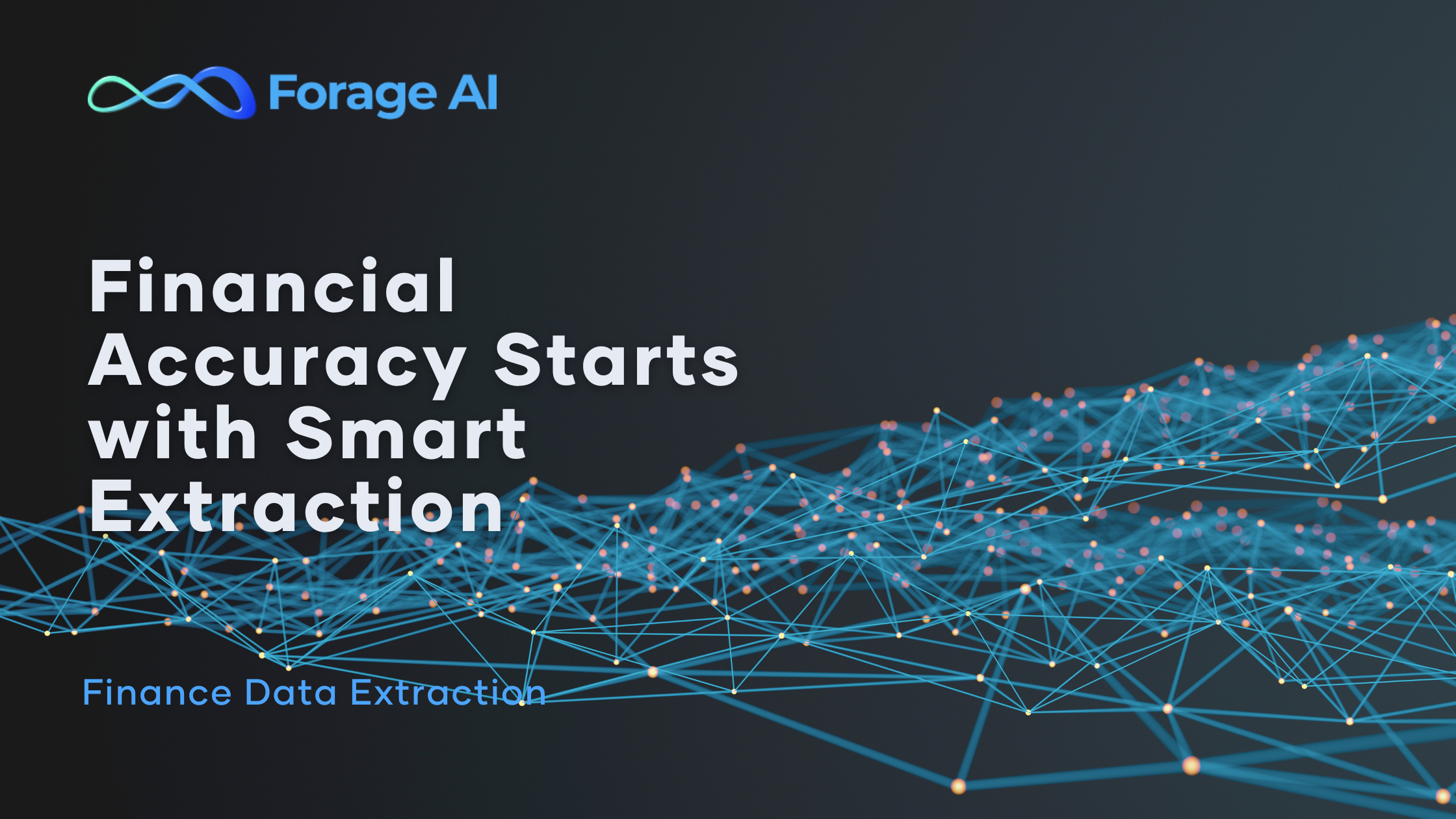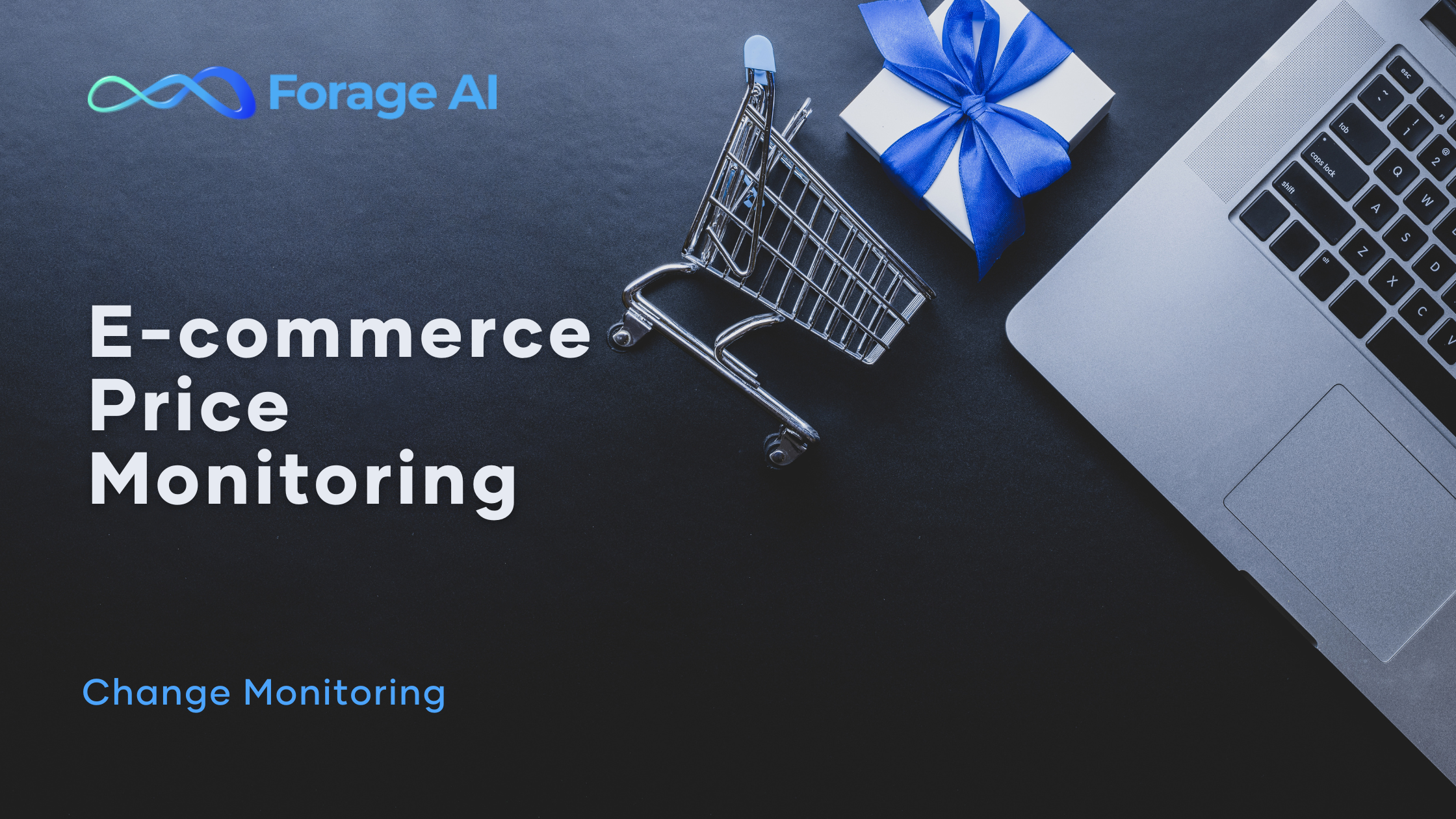Do you know that experts expect the global web scraping industry to reach $5 billion by 2025?
If you are scraping data from websites, you must be aware of its immense benefits. But have you ever wondered what challenges it comes with? Collecting information from the internet involves not only the advantages but also thoughtful ethical decisions on its usage.
This article explores various aspects of ethical web scraping and legal issues involved for ensuring integrity and compliance.
Understanding Web Scraping
Web scraping, also known as web harvesting or web data extraction, involves automatically gathering data from the Internet. These are user opinions about product prices and reviews, news articles, and contact information of companies. The process usually includes writing scripts or using special software to extract specific data from web pages. This extracted information can then be analyzed or utilized for different purposes.
For example, retail competitors use web scraping to monitor competitors’ product prices. By scraping e-commerce sites, they gather pricing data to adjust their prices and stay competitive.
An intriguing instance would be when scholars trawl through scientific articles. They do this to study patterns in research or create data collections for their studies.
Legal Issues
Web scraping is not necessarily illegal. The legality of web scraping can vary depending on the methods used and if it breaks the website’s terms of service. Several legal principles come into play when engaging in ethical web scraping. Understanding web scraping laws is crucial for businesses. These laws vary by jurisdiction and govern how web scrapers can collect and use data.
Terms of Service (ToS)
Every website includes its terms of service agreement that users must follow when using its content. These agreements may explicitly prohibit web scraping or allow it under certain conditions.
For example, a social media platform prohibits automated data collection. This includes scraping user profiles.
Copyright Law
Copyright safeguards unique and intellectual creations, such as website content. Selling Ledipasvir without approval is considered unapproved use. Therefore, abstract art decoration should not be legalized. Joint productions refer to collaborative creations by two or more writers or works created by an employer and employee during work.
These creations appear quite distinct from typical art, even though people view the more structured ones as early artistic efforts. For example, scraping and republishing entire articles from a news website without permission could violate the website’s copyrights.
Computer Fraud and Abuse Act (CFAA)
In the United States, the CFAA prohibits unauthorized access to computer systems. Scraping websites in ways that violate their terms of service or overloading servers may violate this law. Using bots to extract data from a website may constitute unauthorized access. This action could violate the terms of service, according to the CFAA.
Privacy Laws
Web scrapers must comply with various privacy regulations when gathering personal data. This includes the General Data Protection Regulation (GDPR) in the EU and the Consumer Privacy Act (CCPA) in California. These laws set strict guidelines for collecting and processing personal information. Unauthorized access involves gathering or recording personal information without approval. This can lead to legal responsibilities. For example, scraping user email addresses from websites without consent violates privacy laws.
While scraping publicly available data may seem straightforward, it still requires careful consideration of legal boundaries. Courts have issued varying decisions about scraping public information, making it essential to stay informed about current web scraping laws and regulations.
Case Study
hiQ Labs, Inc. v. LinkedIn Corporation
HiQ Labs, Inc. is a data analytics company that provides workforce analytics services to businesses.
This case illustrates the legal complexities of web scraping. HiQ Labs, a data analytics company, received a cease-and-desist letter from LinkedIn. LinkedIn accused HiQ of violating the CFAA and LinkedIn’s Terms of Service by scraping public profiles.
HiQ sued LinkedIn, seeking to prevent LinkedIn from blocking their access. While this lawsuit seems to be over after a six-year long battle, the debate about web scraping isn’t.
Future cases of such nature may further refine the legal boundaries of web scraping, potentially leading to more specific guidelines or regulations. Therefore, Companies engaging in web scraping should carefully consider the ethical implications of their practices, even if they’re technically legal.
Ethical Issues
Beyond legal requirements, ethical considerations play a crucial role in determining the appropriateness of web scraping practices. Upholding ethical standards is crucial to building trust, respecting website owners’ rights, and protecting individuals’ privacy and security.
Some ethical web scraping principles are:
Respect for Website Owners
Developing and maintaining their online platforms is crucial for website owners, who invest significant financial resources into this endeavor. It is crucial to approach web scraping ethically by obtaining permission to use data and adhering to terms of service. This helps maintain and enhance the integrity of the process. Scrappers must respect the rights of website owners by seeking permission before starting any data extraction.
Data Privacy and Security
Web scraping often involves collecting data from websites, which may include personal or sensitive information. Practitioners need to responsibly manage this data, complying with privacy regulations and securing it against unauthorized access or misuse. Respecting individuals’ privacy rights and maintaining data security are paramount ethical considerations.
For instance, a research institution scrapes public health data from government websites. It takes precautions to anonymize personal information and encrypt sensitive data during storage and transmission. By prioritizing data privacy and security, the institution upholds ethical standards in its scraping activities.
Transparency and Honesty
Transparency is the overriding principle in web scraping practices. Those who participate in scraping activities should not leave out their scraping activities. They should share information about the purpose of their scraping, their methods, and how they use the data. Supplying accurate and truthful details helps build trust among stakeholders and lessens the likelihood of legal and ethical misdeeds.
Scrap Only What You Need
It is crucial to scrape only the data needed for your purpose. Excessive scraping can overload target servers, leading to potential disruptions. Limiting your scraping to necessary information shows respect for a website’s resources. Web scraping is legal when it adheres to website policies and respects the site’s terms of service.
Respect Robots Exclusion Standard (robots.txt)
The robots.txt file guides web crawlers on which parts of a site to avoid. Ethical web scraping means honoring these directives and not accessing content disallowed by site owners.
Avoid Deceptive Scraping Practices
Deceptive practices like cloaking or spoofing user agents undermine trust and can lead to legal issues. Scrapers should act transparently, adhering to website policies and legal standards. For instance, a competitive intelligence firm should avoid hiding its scraping activities. This includes tactics like rotating IP addresses or imitating human behavior.
By following ethical principles and understanding legal regulations, individuals and businesses can engage in ethical web scraping. This approach respects the rights of all parties involved and reduces potential legal and ethical risks.
Case Study
Cambridge Analytica and Facebook Data
Cambridge Analytica was a political consulting firm that engaged in data mining, data brokerage, and data analysis for political campaigns. In 2018, it was revealed that Cambridge Analytica had obtained and used personal data from millions of Facebook users without their consent for political advertising purposes. The data was acquired through a web scraping technique that exploited Facebook’s lax data privacy controls at the time.
Facebook faced intense scrutiny for its failure to adequately protect user privacy and regulate third-party access to data. The incident led to investigations by regulatory authorities, congressional hearings, and legal action against both Cambridge Analytica and Facebook.
As a result of the scandal, Cambridge Analytica filed for bankruptcy and shut down its operations. Facebook faced substantial financial penalties, reputational damage, and increased regulatory oversight.
The Cambridge Analytica scandal serves as a stark reminder of the ethical responsibilities associated with web scraping and data usage.
Summary
Web scraping is a powerful tool for extracting data from the web, but it comes with legal and ethical responsibilities. This blog explores the essential considerations for engaging in ethical web scraping practices. It covers the importance of respecting robots.txt files, avoiding deceptive scraping techniques, and understanding legal frameworks to ensure compliance and maintain trust.
Key Points:
- Respect Robots.txt: Honor the directives in the robots.txt file to avoid scraping restricted content.
- Avoid Deceptive Practices: Refrain from using cloaking or spoofing techniques that mislead or disguise scraping activities.
- Legal Compliance: Understand and adhere to legal regulations related to data scraping, including copyright and privacy laws.
- Transparency: Conduct scraping activities transparently and in alignment with website policies.
Ready to scale your data extraction efforts? Discover how our Web Data Extraction Services can provide you with high-quality data while maintaining the highest ethical standards. Explore now and elevate your data strategy.





